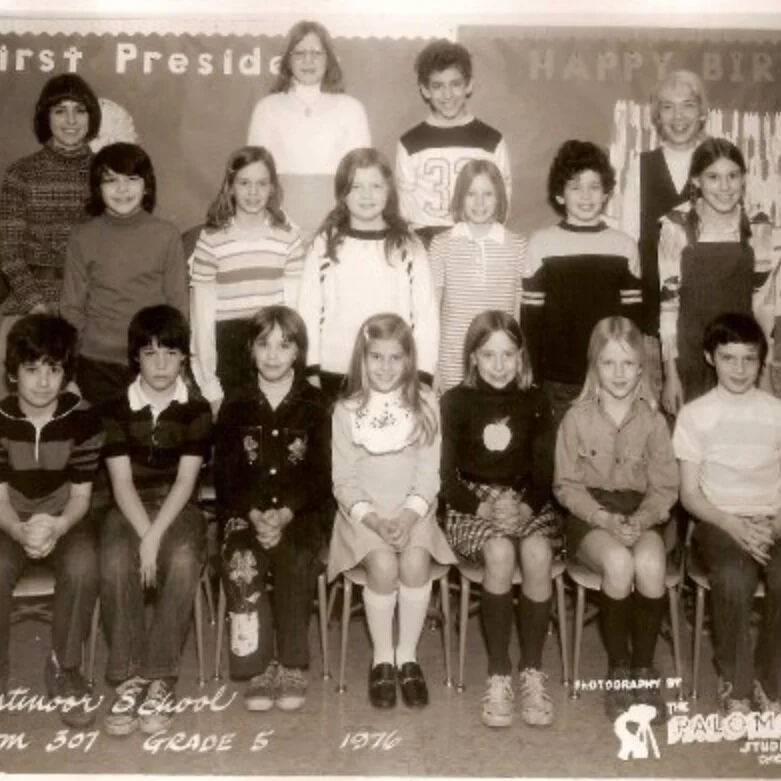The story went that the two girls, Helen and Mary Kay, watched their father drown from the end of a pier when his boat overturned in a squall on a Wisconsin lake.
He was a big advertising man for the Hearst papers in Chicago and so there were front page headlines about his death, like a petite célèbre. Afterwards, the girls were taken under wing by their uncle, Malachy Flanagan, to raise.
Various stories characterized him as a booze runner and pimp, later a doctor who drove big cars and wore furs. Whatever was true, he was larger than life and colorful and the girls were raised well and properly in boarding schools with a kind of glamor that seemed particular to certain Chicago Irish at the time. Eventually, Helen would marry a coal magnate. Mary Kay, my grandmother, fell for a man who would manage a tin mill on the south side and paint portraits in his spare time. For a while, she wrote a fashion column in the same papers that announced her father’s death in banner headlines.
Meanwhile, their mother, Mary, who was a Fleager by name, and thus German and Scottish (read this as ‘not Irish’), took the insurance money she got from the misfortune and traveled the world alone (read that as ‘scandalous’). Along the way, she collected china: Wedgewood and Limoges mostly.
When she got back to Chicago, she had most of the collection painted with gold detailing. She lined the insides of the tea cups with mother of pearl. Each cup was as light as the bone of a ghost.
My sister and brother and I listened as our uncle told us the story again at the dinner table and we drank coffee from the very loot that had been born in the tragedy of two little girls watching their father die from a dockside.
We laughed and talked loudly, trying to outdo each other with ideas and stories and insights.
Like hungry chicks in a nest, we chirped for attention from each other in clumsy attempts to prove we were worthy of the china we sipped from and the ancestors who made us.
I couldn’t help but sense it was all just an elaborate way to avoid thinking about the way a moment nearly a hundred years ago had cast an invisible shadow on us all.
